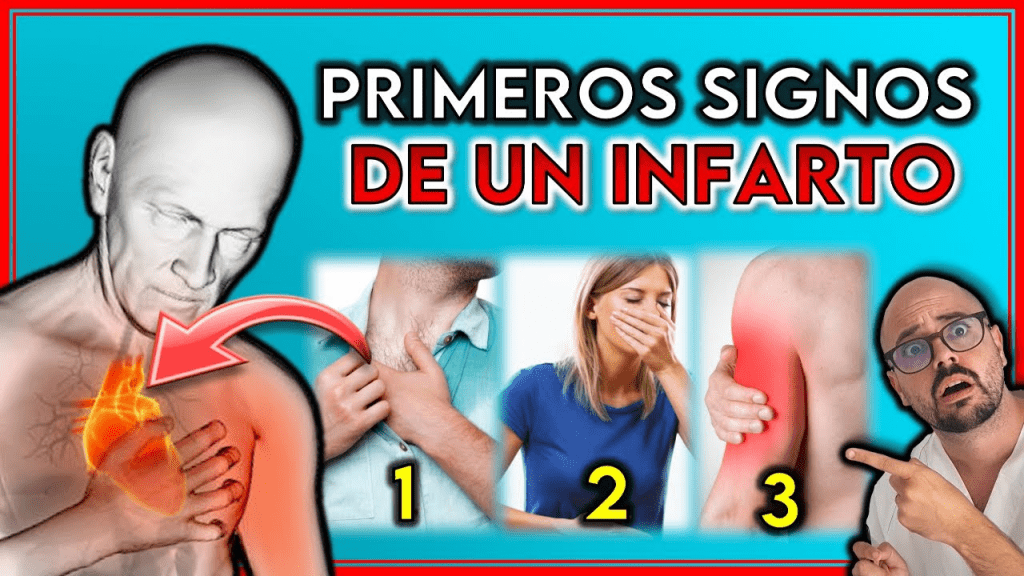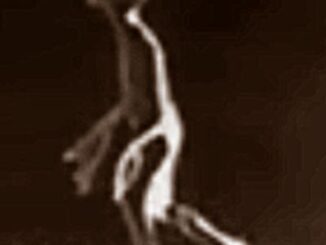Your body is an amazing machine that often sends out warning signs when something isn’t right, even before a major problem occurs. A heart attack, even a sudden one, can announce itself with symptoms up to a month in advance.
Recognizing these warning signs could save your life or that of someone close to you. Today, we’ll explain the 7 most common signs that could indicate an impending heart attack, based on real and verified data.

- Extreme and Unexplained Fatigue
Do you feel exhausted for no apparent reason, even after a good night’s sleep? This type of unusual fatigue can be one of the first signs that something is wrong with your heart. It occurs because blood flow is reduced, forcing the heart to work harder to keep the body functioning. This symptom most commonly affects women, but can also occur in men. - Chest Pain or Pressure
Although this is the most well-known symptom, it doesn’t always manifest itself intensely. It can feel like a tightness, a burning sensation, or a mild discomfort that comes and goes. In some cases, the pain radiates to the left arm, jaw, neck, or back. It’s important not to underestimate this sign, as it could be a precursor to a heart attack. - Shortness of Breath (Dyspnea)
If you suddenly find yourself struggling to breathe when performing simple tasks like walking or climbing stairs, pay attention. Dyspnea occurs when the heart cannot pump enough blood to meet the body’s oxygen needs. This symptom can occur with or without chest discomfort and is one of the most important signs to consider.
- Excessive Cold Sweating
Have you noticed that you sweat profusely without exercising or being exposed to heat? This type of sudden cold sweat can be an early warning that your heart is under stress. Often, this sign is accompanied by nausea or dizziness, so don’t ignore it. - Pain in Other Parts of the Body
The pain of a heart attack doesn’t always stay in the chest. It can spread to the arms, especially the left one, the back, the neck, the jaw, or even the abdomen. This pain can easily be mistaken for muscle tension or a stomach problem, but if it persists, it’s best to see a doctor. - Swelling in the Legs, Feet, or Ankles
Fluid retention in the lower extremities, known as edema, can be a sign that your heart isn’t functioning properly. If you notice that your shoes are tighter than usual or that your ankles are swollen for no reason, don’t take it lightly. - Frequent Dizziness or Fainting
Dizziness, lightheadedness, or even fainting are indicators that blood flow to the brain is inadequate. This could be due to low blood pressure or a more serious heart-related problem.
What to do if you experience these signs?
If you notice one or more of these symptoms, the first thing to do is not ignore them. People often downplay these signs, thinking they’re due to stress or fatigue, but prevention is better. See a doctor as soon as possible for a complete checkup. Additionally, maintaining a healthy lifestyle, including a balanced diet, regular exercise, and avoiding smoking, can significantly reduce your risk of a heart attack.
Prevention is Key
Remember that your heart is the engine of your body. Listen to its warnings and act promptly. Recognizing these signs can not only help you prevent a heart attack, but also save lives. If you have family or friends who could benefit from this information, share this article with them! Health begins with prevention.


